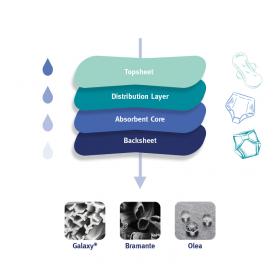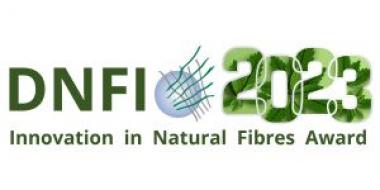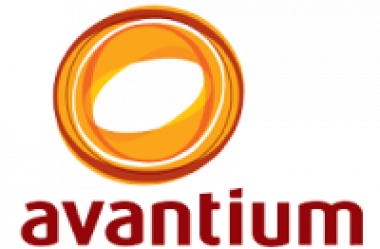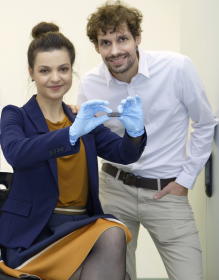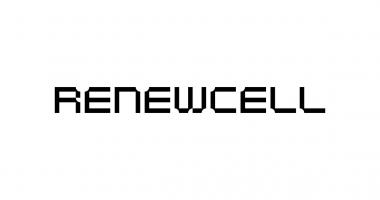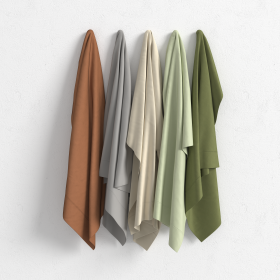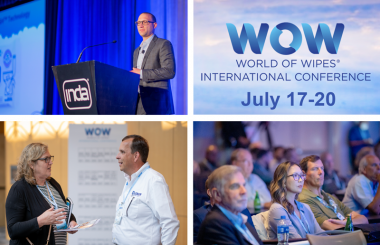Change of management at ERWO Holding AG and Hoftex Group AG
Klaus Steger (64), CEO of ERWO Holding AG (“ERWO Holding”) and Hoftex Group AG (“Hoftex Group”), will step down from the Management Board of both companies at the beginning of 2024 in accordance with internal policies of the family and the company regarding the retirement age. Already on June 30, 2023, ERWO Holding Management Board member Hans-Georg von Schuh will retire as planned. ERWO Holding Management Board member Manfred Heinrich will also leave the Board as planned at this time and will continue to hold his mandate as one of the managing directors in the Südwolle Group together with Stéphane Thouvay and Johannes Rauch.
Steger’s designated successor as CEO of both companies is Manuela Spörl (50), currently CFO of ERWO Holding and also CFO of Hoftex Group. Hoftex Group is a group of medium-sized companies in the textile industry, in which ERWO Holding holds a significant stake. In addition, ERWO Holding acts as the parent company of the Südwolle Group, in which the Group’s worsted yarn activities are bundled.
Spörl has a degree in business administration and has been working for Hoftex Group since 2000. Her professional career began in the Corporate Controlling department, and in 2012 she was appointed as an advisor to the Board of Management. She was granted power of attorney in 2015, followed by appointments as CFO of the Hoftex Group in 2020 and CFO of the ERWO Group in 2022. A search for a successor for Spörl in the position of CFO of the Hoftex Group and, subsequently, of ERWO Holding is currently underway. Until the new CFO takes office, the two members of the Management Board, together with the Supervisory Board, will ensure an orderly transition.
The announced change in the Management Board of ERWO Holding, which acts as the parent company of the Südwolle Group, also ensures continuity at the leading manufacturer of worsted yarns for weaving, circular and flat knitting products in pure wool and wool blends. In the future, the management of Südwolle Group will continue to consist of the longstanding members Manfred Heinrich (Technology, Production & Planning), Johannes Rauch (Finance & Controlling) and Stéphane Thouvay (Sales & Marketing and Product Management & Innovation). Together with the designated board member of the parent company ERWO Holding, they will continue the successful development of the Südwolle Group from a mere supplier to a strategic partner of its customers as well as the growth trend of recent years.
The founding family Steger remains involved in the various supervisory bodies of the group of companies and will continue to work closely with them as the sole shareholder of ERWO Holding.
ERWO Holding AG












